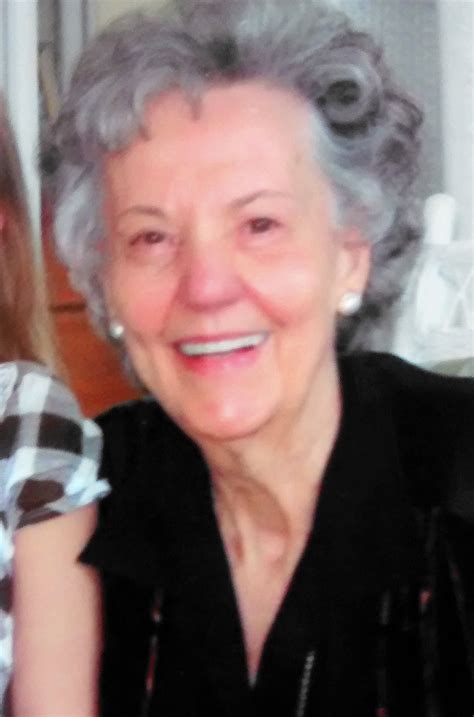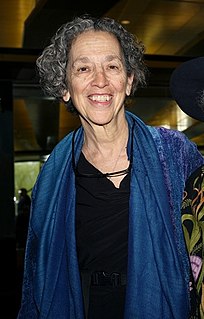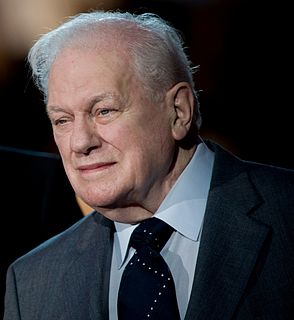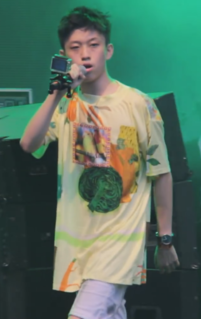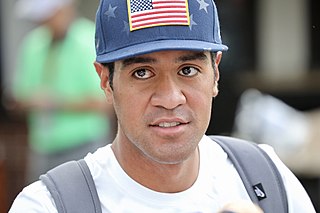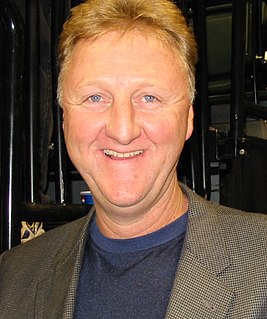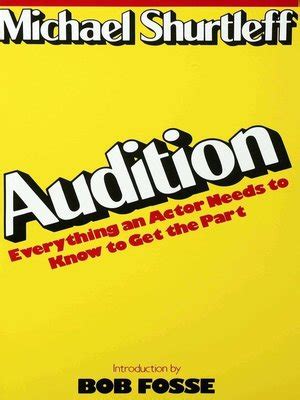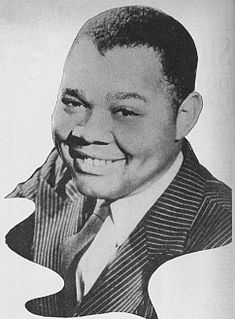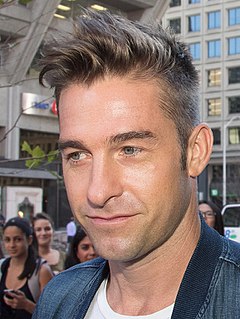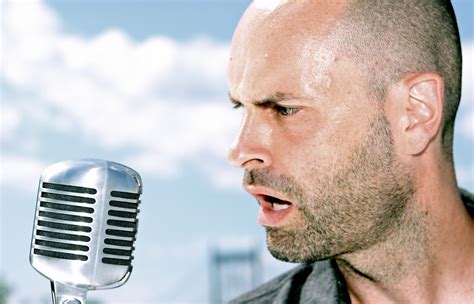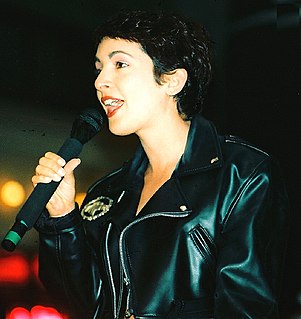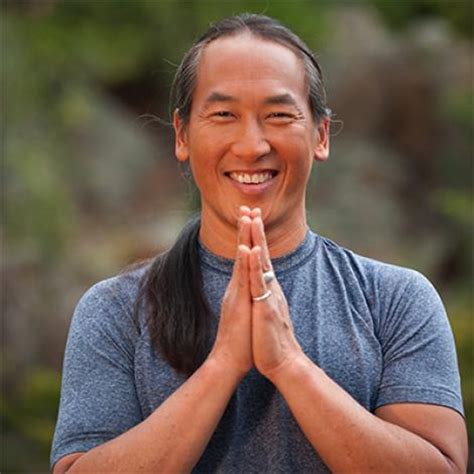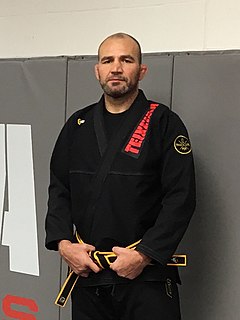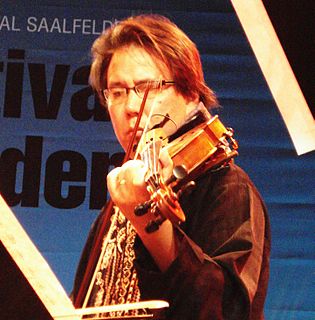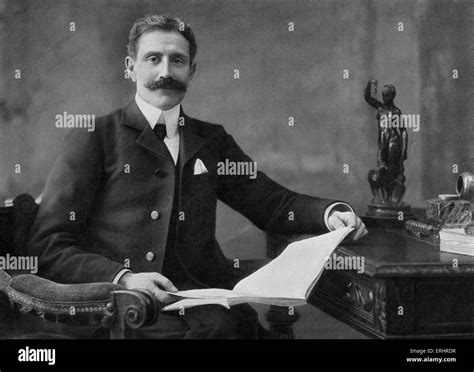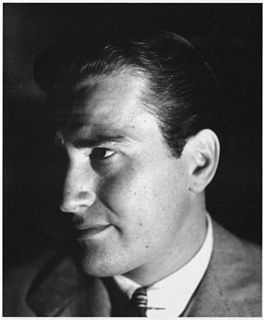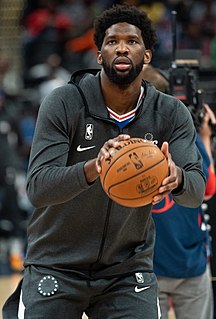Top 1200 No One Listening Quotes & Sayings
Explore popular No One Listening quotes.
Last updated on April 14, 2025.
And what does the rain say at night in a small town, what does the rain have to say? Who walks beneath dripping melancholy branches listening to the rain? Who is there in the rain’s million-needled blurring splash, listening to the grave music of the rain at night, September rain, September rain, so dark and soft? Who is there listening to steady level roaring rain all around, brooding and listening and waiting, in the rain-washed, rain-twinkled dark of night?
Deep listening is the kind of listening that can help relieve the suffering of another person. You can call it compassionate listening. You listen with only one purpose: to help him or her to empty his heart. Even if he says things that are full of wrong perceptions, full of bitterness, you are still capable of continuing to listen with compassion. Because you know that listening like that, you give that person a chance to suffer less.
In order for us to have changes in society, we have to do a better job with listening to each other, listening to stories, listening to experiences and sharing things. That's the way you're able to come to a better understanding of people in general. We have to do a better job in society. It starts at the top.
When you're listening to a recording, you're supposedly listening to some aspect of the past in the present as you travel slowly into the future, but you also know there's a very strong likelihood that the future of that recording, whether you made it or whether you're listening to a Led Zeppelin record, is going to continue probably far beyond where you are.
Long before I wrote stories, I listened for stories. Listening for them is something more acute than listening to them. I suppose it’s an early form of participation in what goes on. Listening children know stories are there. When their elders sit and begin, children are just waiting and hoping for one to come out, like a mouse from its hole.
Become better listeners. Practice the art of listening in everything you do. Not just listening to yourself and your body, but listening to the people around you, listening to the plant world, the animal world. Really open your ears to what's coming at you. From there, see if you can have the ability to respond instead of react. And that usually comes with listening. If the observation and the listening are deep, then your action will be deep also.
Deep Listening is listening in every possible way to everything possible to hear no matter what you are doing. Such intense listening includes the sounds of daily life, of nature, or one's own thoughts as well as musical sounds. Deep Listening represents a heightened state of awareness and connects to all that there is. As a composer I make my music through Deep Listening
The secret is to listen, open your mind, listen to the pros. With the help of the UFC's Performance Institute, too. Listening to my coaches and listening to my body, too. Having discipline. It's not just listening, too, because sometimes people have the knowledge but don't know how to use it. You need to be able to put that to practice.
When you're listening to music, you listen to it with a friend one day and it sounds one way. You listen to it with another friend the next day, and it sounds a little different. Sometimes the greatest pleasure of listening is not the music that you're listening to; it's the person that you're listening to it with.
In my Deep Listening class at RPI, I always do an hour of energy exercises to start with. Then we do a listening meditation after that, after the body has been loosened up and warmed up and is ready. We do the listening. After that, there's the journaling of the experience, which they do each time throughout the semester to the point that I have them write a final paper on what they've experienced.
